Although Gaza has been the most recent instance of war between Palestinians and the state of Israel, the West Bank has a vibrant history of resistance as well beginning after the annexation of the West Bank by Israel in 1967. Since 1987 though, militancy has become more professionalized and active in the West Bank, especially after the creation of Hamas. Since October 7th, 2023, Hamas and other Palestinian militants in the Gaza strip have called on Palestinians in the West Bank to protest, attack illegal Israeli settlements, and Israeli forces. Furthermore, there have been reports of Iran trying to make the West Bank a viable front against Israel. Iran has thus for attempted to make weapons smuggling routes through Jordan into the West Bank and has given training to West Bank factions on operational tactics, weapons manufacturing, and cell security.
Why They Fight
Since the 1967 and 1973 wars between Israel and the Arab states the West Bank has been in a precarious state. After the Israeli occupation of the West Bank, due to the defeat of Jordan and other Arab states, settlements almost immediately began springing up across the West Bank, starting north of Hebron. In the first decade of Israeli occupation over 100 settlements were established, displacing thousands of Palestinian residents from their homes. Since 1973 there have been two major uprisings against the illegal Israeli occupation of the West Bank, those being the First Intifada from 1987-1993 and the Second Intifada from 2000-2005. Outside of the two uprisings there has been a consistent low level insurgency taking place throughout the West Bank that is often highly underreported, despite the increase in violence since Oct. 7.
Furthermore, repression against Palestinians in the West Bank is rampant. Israeli land and settlements, guarded by Israeli police and the IDF, constitute up to 60% of the West Bank (known as Area C under the Oslo Accords). This includes over 700,000 Illegal Israeli settlers who have confiscated lands from Palestinian residents and farmers for decades. Both the establishment of the settlements and confiscation of land have been condemned as illegal under international law and the Geneva Convention. Israeli settlers also often commit murder against Palestinian civilians and destroy property, often times in sight of the IDF. The IDF and Israeli police also employ "administrative detention", in which they can arrest Palestinians without charges. This has led to over 100 Palestinians being detained a month (since 2003) in the West Bank, who are required to face an Israeli military court judge within 8 days. This however does not mean that some detainees aren't held for longer than a year as often times these detentions are extended. Evidence is often also "confidential" for national security reasons, making it extremely difficult for lawyers to present a defense.
In addition to administrative detention, Israel consistently conducts targeted raids into West Bank cities and refugee camps. Many of these are in response to militant attacks on security checkpoints, settlement housing, and terror attacks committed inside Israel. A good example of this was the Israeli operation in 2022 against the Lions Den militant group operating out of Nablus. However civilians are often killed in these attacks with 2023 having been the most deadly year for Palestinians in the West Bank, with over 450 killed, 100+ being children.
Because of these oppressive -and illegal- Israeli rules, the Palestinian economy has been utterly destroyed. The UN released a report in 2021 in which they found that the Israeli occupation of the West Bank since 2000 has cost over $58 billion USD to the Palestinian economy, leading to a severe lack of funding for social welfare programs and job opportunities. Unemployment for those Palestinians unlucky enough to receive a work visa to work in Israeli controlled areas of the West Bank faced an unemployment rate of nearly 35%, which is ranked 204 out of 209, according to the CIA world factbook. Because of the economic deprivation coupled with Israeli detention and the severe security laws applied to Palestinians in the West Bank it is no surprise why those in the West Bank would turn to armed resistance rather than peaceful protests.
The West Bank Since the Israel-Hamas War
Immediately following Hamas's attack within Israel on Oct. 7 2023, the Israeli security apparatus began to focus more heavily on militant activity from the West Bank. Only about a week later on October 15th it was reported that the IDF conducted an early morning raid in the city of Jenin along with the refugee camp of the same name. The raid most likely targeted elements of the Palestinian Islamic Jihad (PIJ) who hold power in West Bank cities but also have popular support and power in many of the refugee camps. It was reported by Palestinian media that the IDF had, "seized several buildings converting them into surveillance posts, and deployed snipers on the rooftops". Though fighting between militants and the IDF was reported, there were no figures released regarding casualties. On October 22nd there was a drastic increase of lethal force by the Israeli Air Force (IAF), who used intelligence received from Israel's Shin Bet (the internal security intelligence agency of Israel), to carry out an airstrike on a Mosque in the Jenin refugee camp. In the strike Israel claimed to have killed several members of Hamas and the PIJ, but the PA Health Authority claim disputes this saying 2 were killed. Small level raids throughout cities were consistent throughout 2023 and into 2024 in response to small shootings and primitive IED attacks from Palestinian militant factions.
This tempo changed in August of 2024 when Israel launched Operation Summer Camps, aimed at targeting Iranian weapon smuggling operations in the West Bank and to arrest/kill militant cells that have been increasing. Interestingly just a couple months prior to the operation in June; Hamas' Al-Qassam Brigades and PIJ militants carried out an IED attack in Jenin, which killed an Israeli commander and injured sixteen IDF soldiers. This shows a considerable increase in professionalization and IED manufacturing which most likely was a reason for why Jenin was targeted first in the operation. The increase in Israeli forces - including tanks, drones, aircraft, and thousands of soldiers make Operation Summer Camps the largest incursion in the West Bank since the Second Intifada in 2002. In the first week of the operation 39 militants from varying factions were killed in Jenin. Israeli forces also continued a long tradition of using bulldozers and explosives to destroy roads and buildings making it much more difficult for civilians to leave the conflict area. Operation Summer Camps expanded after the Jenin incursion with further invasions of Tulkarm and Nablus (including refugee camps), resulting in the deaths of several PIJ, Hamas, and Al-Aqsa Martyrs Brigade (AAMB) commanders.
Iranian Support in the West Bank
Due to the disruption of Hamas as a military force in Gaza, at least for the time being, Iran has begun to refine and professionalize the resistance movement in the West Bank in order to make it a viable front in the fight against Israel. Thus far, Iran has attempted to create weapon smuggling routes from Jordan into the West Bank, with Syria Lebanon as the origin points of the weapons. Since 2018, the introduction of heavier weapons such as RPGs, anti-personnel mines, and plastic explosives have coincided with more small arms.
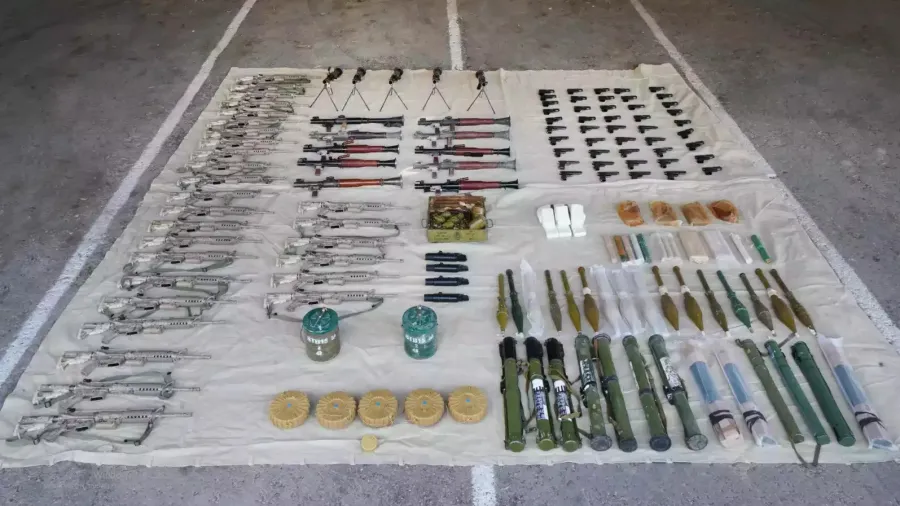
These smuggling operations sometimes meet resistance from Jordanian forces leading to clashes often involving fatalities between Iranian backed smugglers and Jordanian troops. Many of the smugglers are part of the Jordanian faction of the Muslim Brotherhood organization, the same organization that Hamas spawned from showing an increase in coordination between Iran and other groups supportive of the Palestinian cause. Since the beginning of November these efforts have increased drastically. In the last week Israeli forces have seized several weapon shipments including munitions typically not found in the West Bank, namely mortars and remote detonators. This shows that Iran has begun to shift its tactics in the West Bank, and heavier weapons such as mortars would indicate more offensive rather than defensive operations. A good indication of this was the foiled Hamas car-bombing in Tel Aviv in August of 2024.
Is the West Bank the next Gaza?
Due to the recent ceasefire between Hezbollah and Israel and the degradation of Hamas's combat power in Gaza it seems that Israeli media has begun to shift its focus on the West Bank, with some calling it Israel's "primary security threat". This is despite the fact that increased Israeli military activity in the West Bank since Oct. 7 hasn't impacted the number of attacks from Palestinian militants, indicating to some that a further increase in Israeli military activity is not the solution. Iranian efforts have increased in the West Bank though and the capture of mortar systems indicates that Palestinian militants could soon launch mortar attacks in Israel proper. If this were to happen Israel would undoubtedly conduct extensive operations and airstrikes across the West Bank.

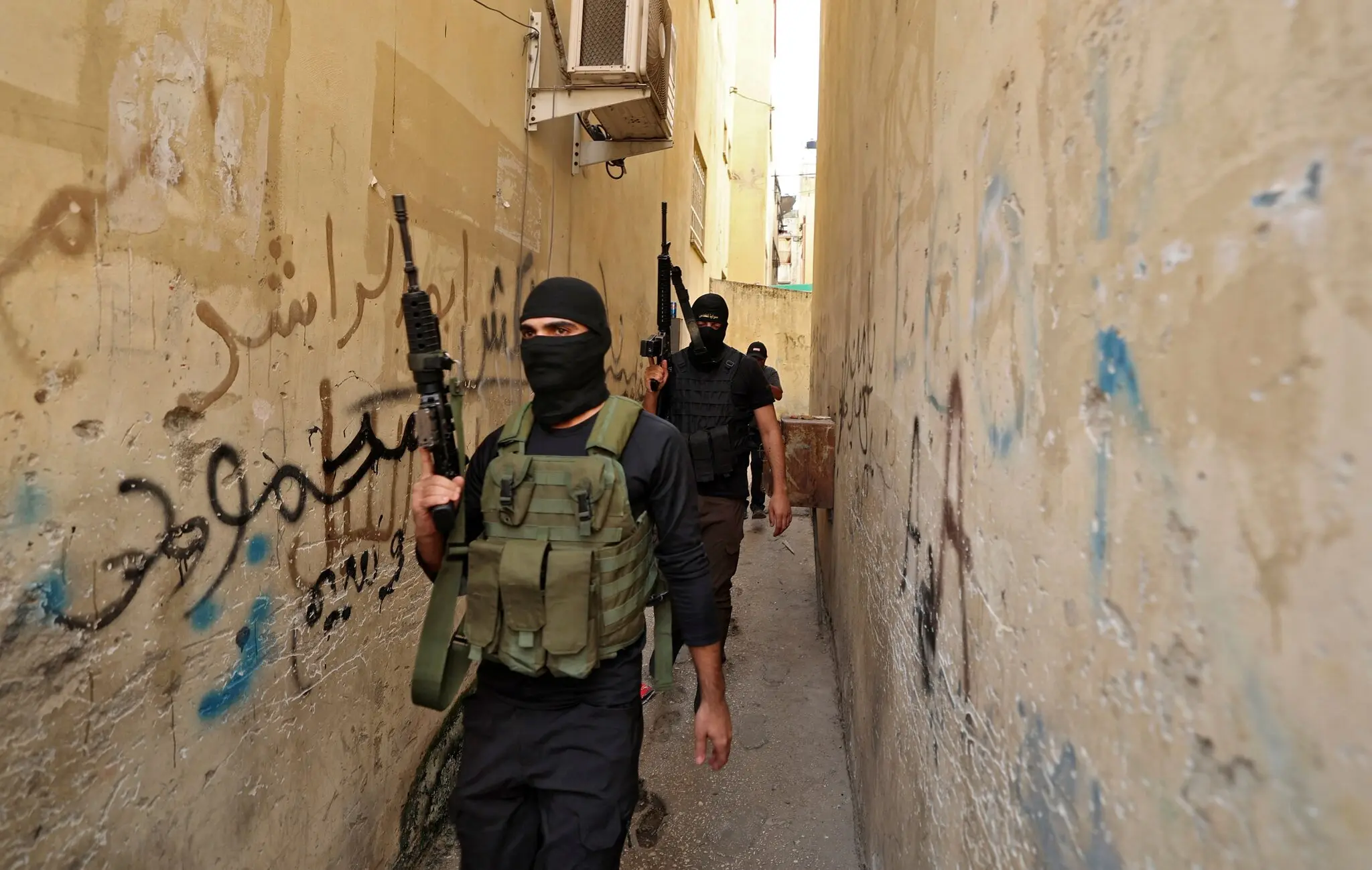
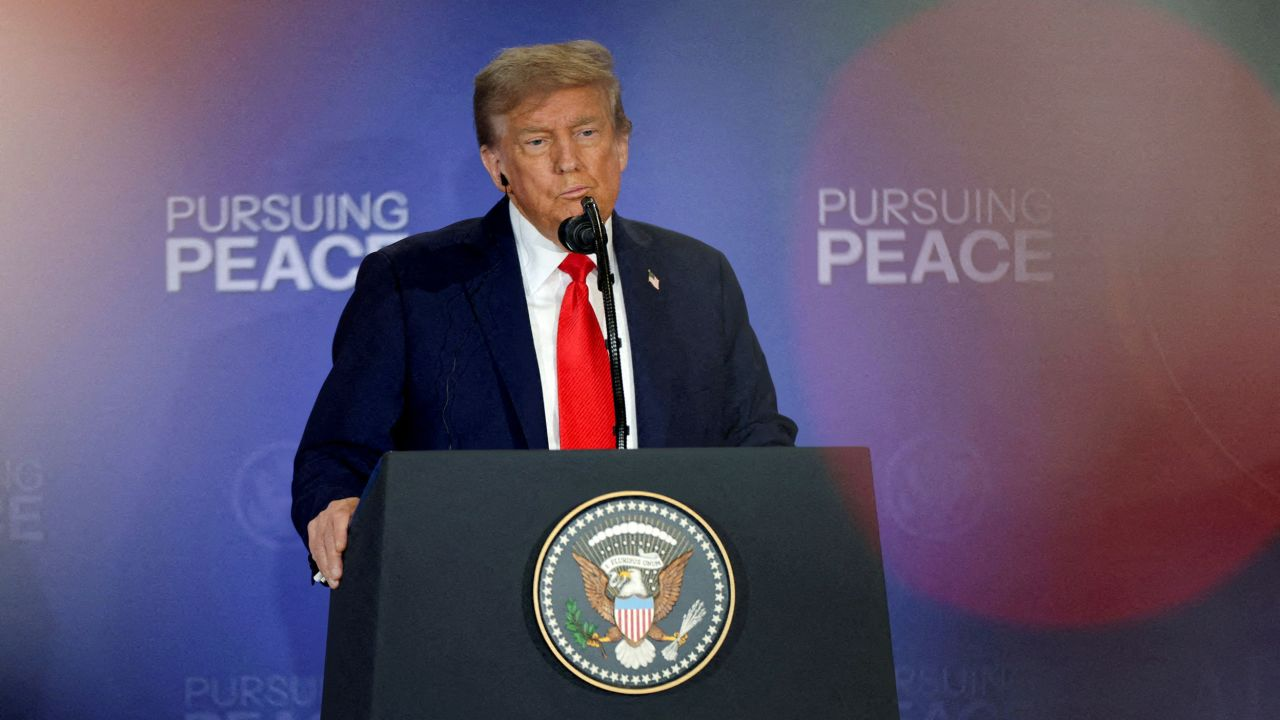




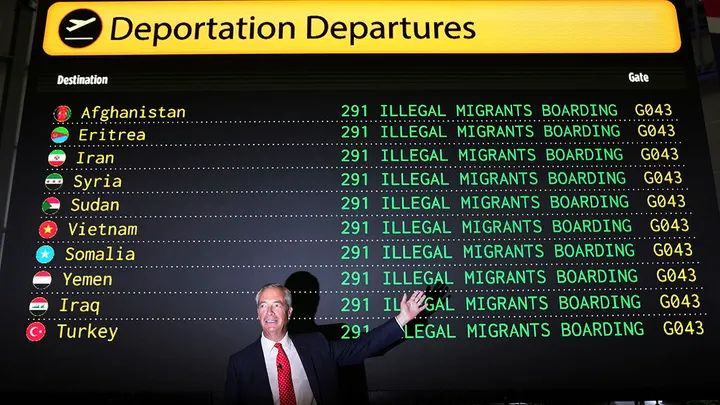
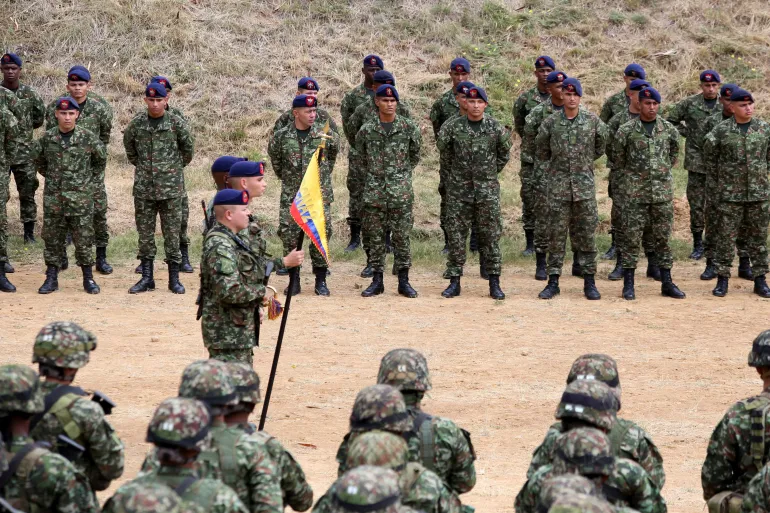
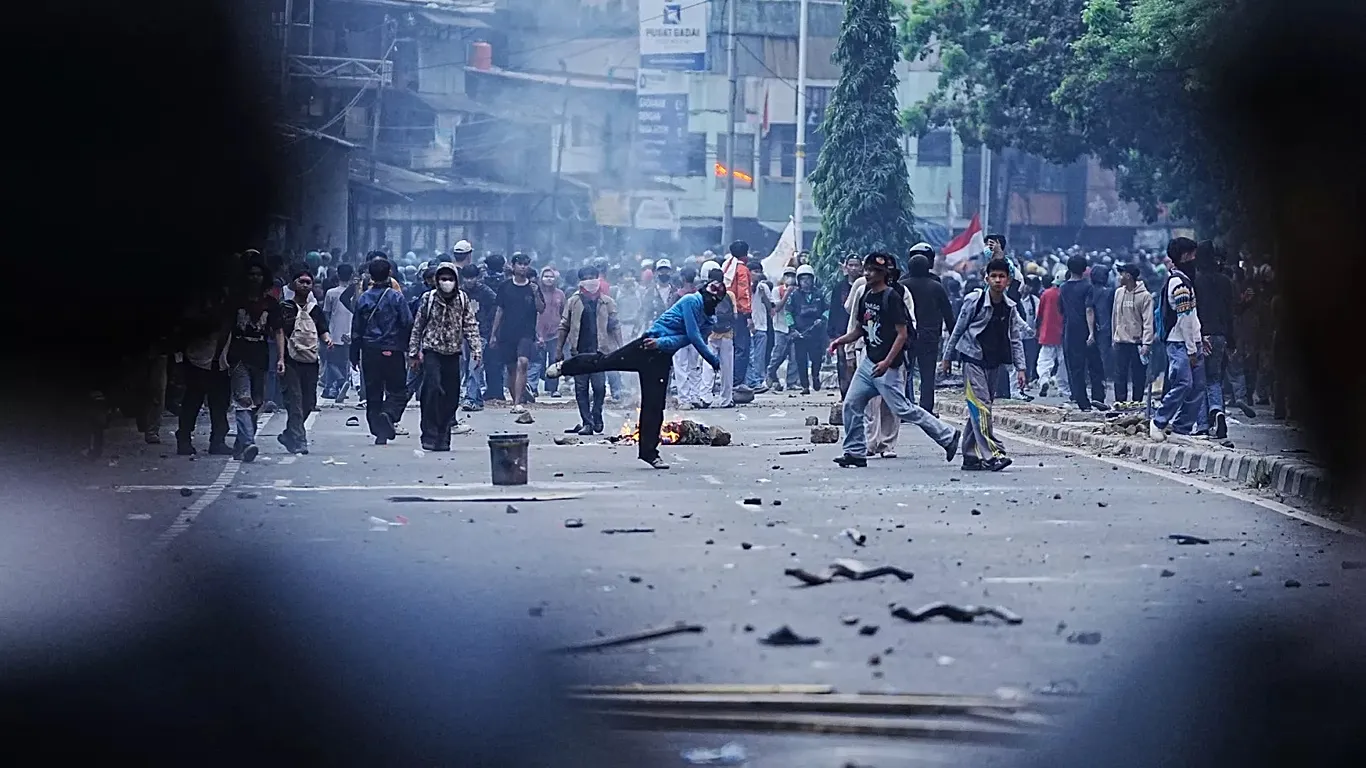
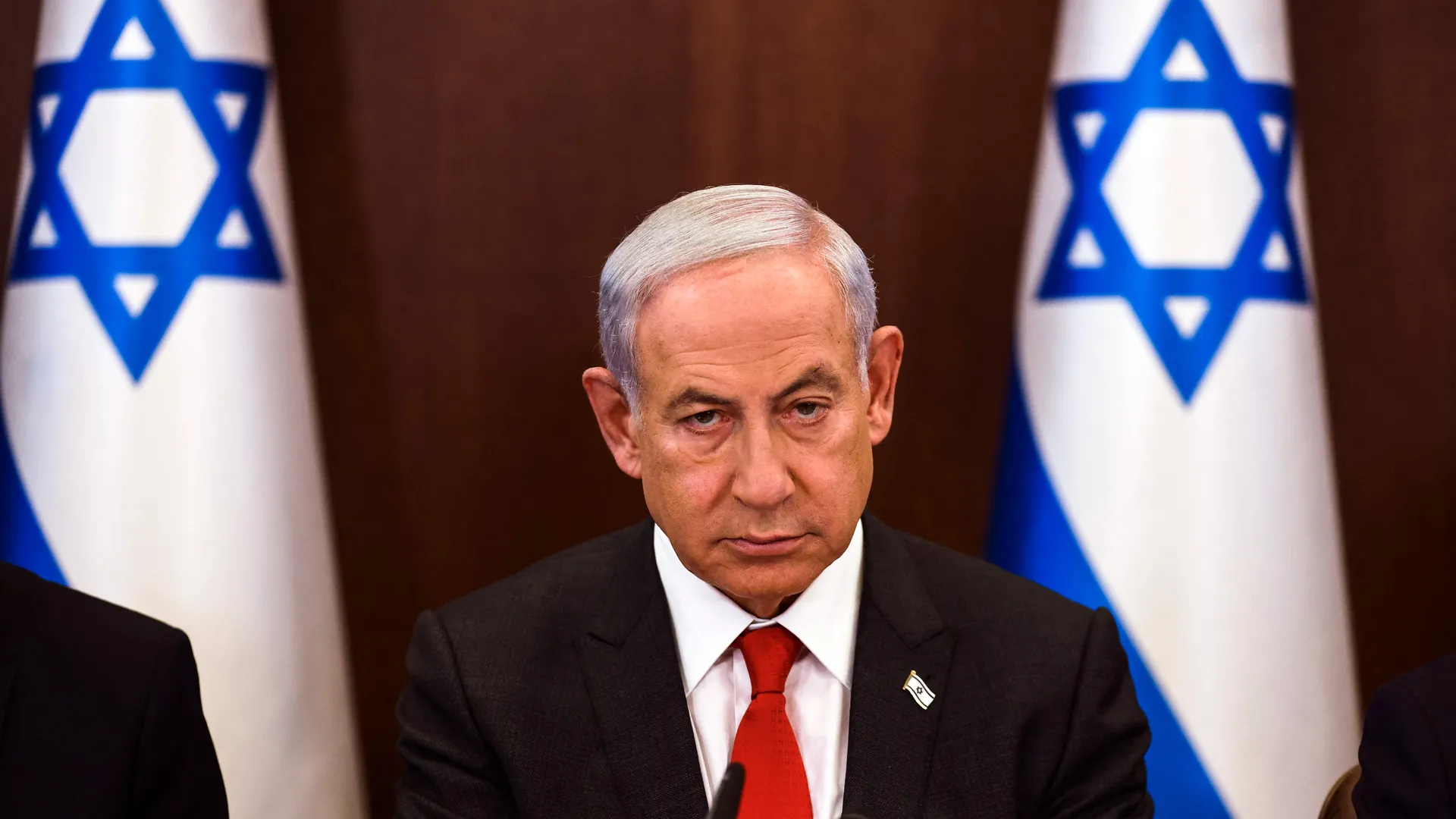


Discussion